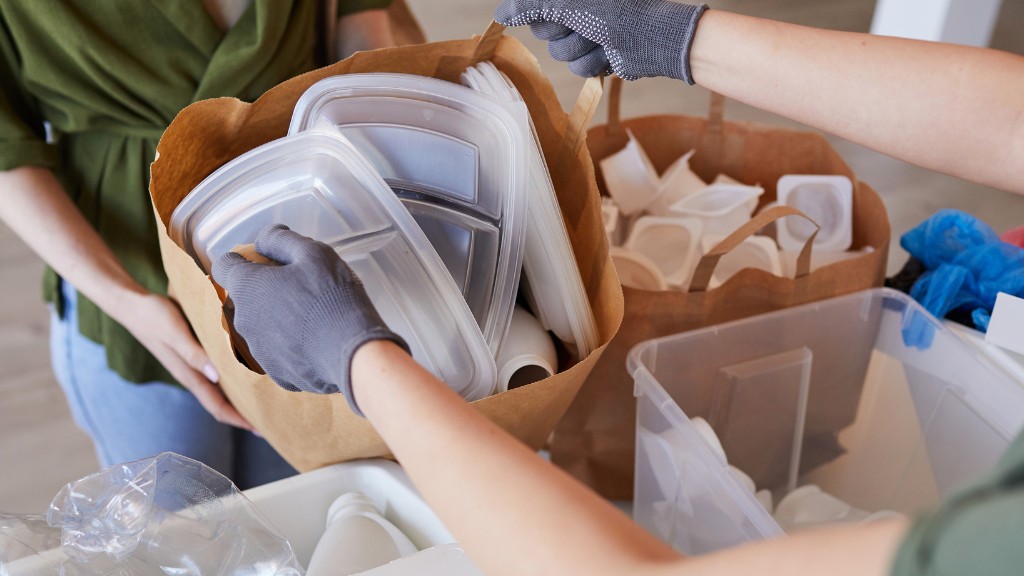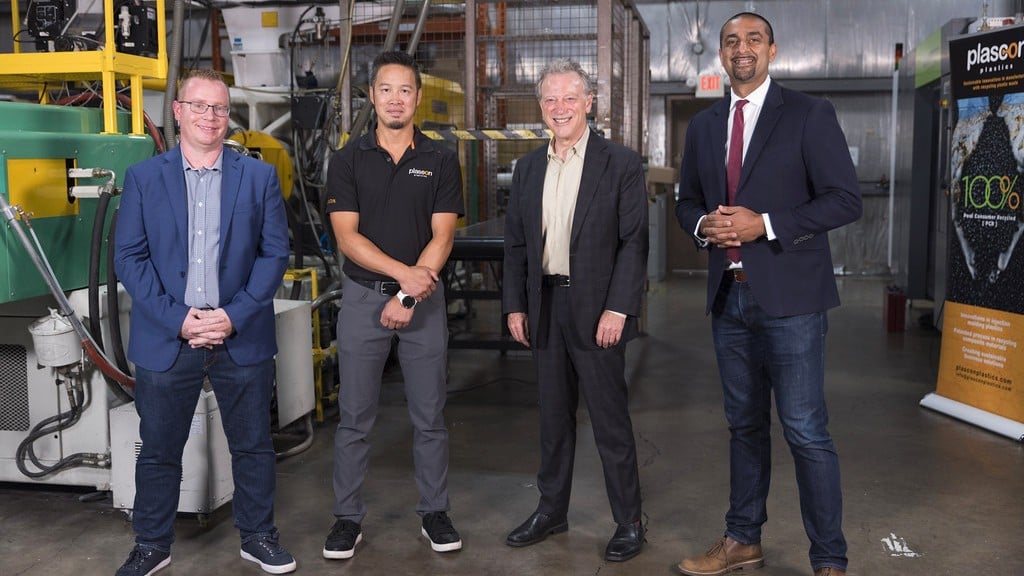
Residents of British Columbia can now recycle a wider range of single-use plastic items and packaging products in their residential blue box or at participating recycling depots.
These items include items that are generally disposed of after a single or one-time use, such as plastic sandwich bags or throw-away party cups, bowls, and plates. Single-use plastics are one of the most common items found on B.C. shores.
These regulations are separate from the federal ban on the manufacturing and importing of single-use plastics, which came into effect in December 2022. B.C.'s recycling regulatory changes cover a broader category of single-use products and further ensures that exemptions to the ban are recycled.
"Our government is working to ensure that people in B.C. can help to keep their communities and the environment healthy. By expanding our nation-leading recycling system to include more products, we are keeping more plastic out of our waterways and landfills," says Aman Singh, Parliamentary Secretary for Environment. "People across the province can now recycle a wider array of single-use plastics and other materials in their blue bins and at recycling depots. This builds on the significant progress we've made through the CleanBC Plastics Action Plan."
Newly accepted blue-box items include:
- plastic plates, bowls, and cups;
- plastic cutlery and straws;
- plastic food storage containers;
- plastic hangers (that come with clothing);
- paper plates, bowls, and cups (with thin plastic lining);
- aluminum foil;
- aluminum-foil baking dishes and pie plates; and
- metal storage tins (thin gauge).
Examples of flexible plastics now accepted at depots only:
- plastic sandwich and freezer bags;
- plastic shrink wrap;
- flexible plastic drop sheets and covering;
- flexible plastic bubble wrap (no bubble wrap-lined paper);
- flexible plastic recycling bags (blue, clear bags, or yellow or blue bags used for curb-side collection); and
- flexible plastic carry-out shopping bags (reusable).
"This expanded materials list will allow more material to be recycled, keep it out of landfills and stop it from littering the environment," said Tamara Burns, executive director, Recycle BC. "Residents play a key role in recycling this material by enabling it to be collected - by putting it into their bins or taking materials to a depot."
B.C. regulates the largest number of residential packaging and products in Canada through its extended producer responsibility programs, where companies and producers are responsible for collecting and recycling the products they create. This program also promotes and encourages companies and producers to create and design less harmful plastic packaging.
These changes are effective immediately and are part of the CleanBC Plastics Action Plan, which aims to change how plastic is designed and used – from temporary and disposable to durable and reusable. The action plan addresses problem plastics and single-use items through regulation, reduces new plastic by investing in reusable solutions, supports the processing and manufacturing of post-consumer plastics, and helps enable a large shore cleanup.



